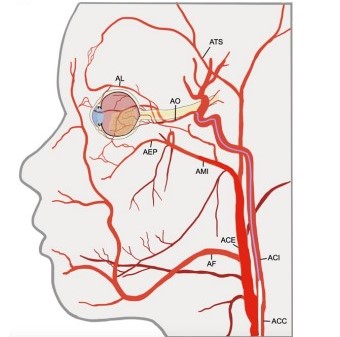Abstract
Introduction: Pain is a complex symptom with many causes leading to disability, deterioration in quality of life, and high expenditure for the health system. Mindfulness strategies are a therapeutic alternative, so it is necessary to identify the existing evidence regarding these interventions in different types of pain.
Methods: A literature search and selection was carried out in Cochrane, Embase, SciELO, Pubmed, Ebsco, Lilacs, BMJ, Scopus and ScienceDirect databases, limited to English and Spanish languages, published between 2010 and 2020.
Results: The evidence in acute pain is non-conclusive, although some studies find positive results. There is a significant positive effect on pain in centrally sensitized diseases. In chronic oncological pain there is no evidence on pain reduction, but there is evidence on quality of life.
In children and young people, lack of maturity of the central nervous system seems like the cause of the lack of effect of these interventions.
Conclusions: Mindfulness-based interventions are safe and have a beneficial effect on chronic non-oncological pain in adults. They can play an adjunctive role in usual treatment. Research is required in acute pain and pain in children and adolescents.

This work is licensed under a Creative Commons Attribution 4.0 International License.
Copyright (c) 2021 Gabriel Salim Rezk Schuler , Nora Badoui Rodriguez


